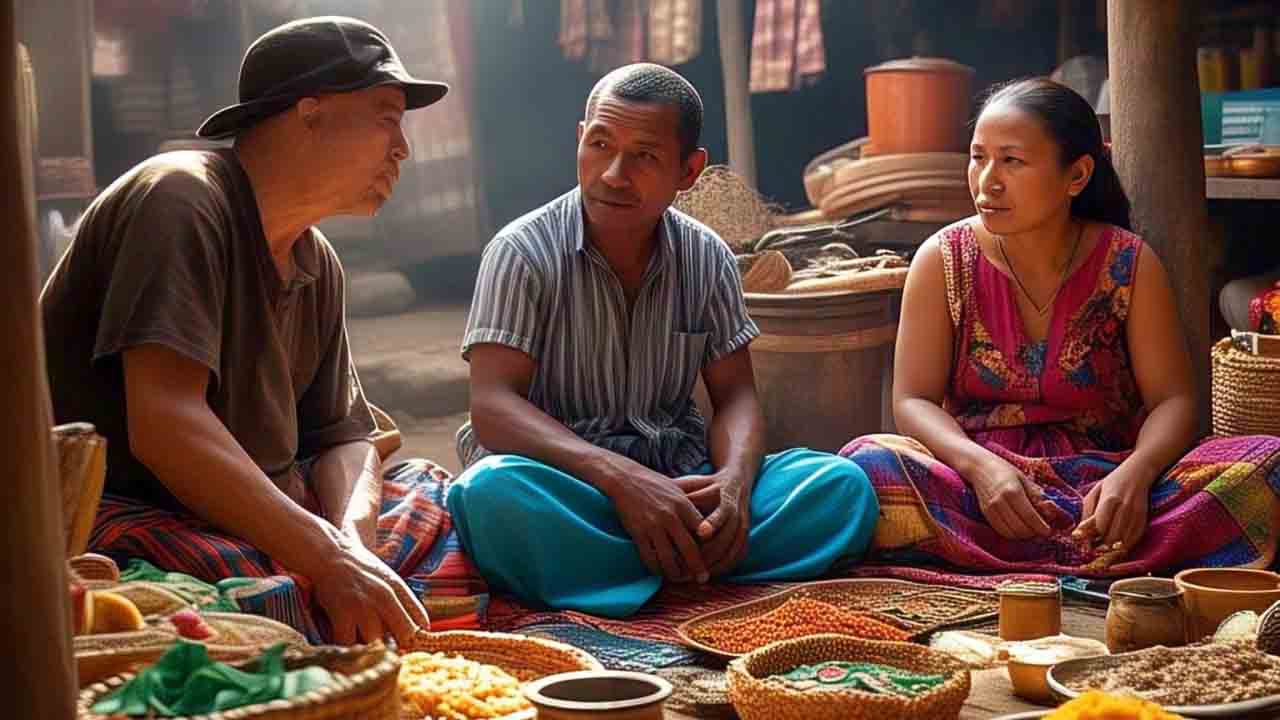
Arcadiadaily – Empowering locals through community-based tourism (CBT) is gaining momentum as a transformative approach to travel. This model is not just about offering unique travel experiences but also ensuring that local communities directly benefit from tourism. With the CBT sector projected to reach $2.14 billion by 2032, it’s clear that this approach is redefining the future of global tourism. CBT focuses on promoting cultural preservation, environmental sustainability, and the economic empowerment of local populations, making it a win-win for both visitors and hosts.
At the heart of empowering locals is the idea that communities should lead the tourism experience. In countries like Thailand, Vietnam, and Indonesia, CBT has opened doors for travelers to connect with local cultures in a meaningful way. Visitors get to experience authentic cultural activities such as participating in local festivals, learning traditional farming practices, or staying in village homestays. This interaction not only enriches the travel experience but also helps preserve cultural heritage and traditions that may otherwise be at risk.
Through this model, travelers are able to see a side of the destination that goes beyond typical tourist attractions. The sense of connection with the local community creates a deeper understanding and respect for the region, encouraging a more responsible approach to tourism.
“Diesel Emission Tech: SCR and DPF Innovations”
One of the most important aspects of CBT is its focus on sustainability. Empowering locals through community-based initiatives ensures that tourism has minimal environmental impact and contributes to the long-term well-being of the community. CBT often promotes eco-friendly accommodations, low-impact travel, and the use of local materials. Which helps minimize the tourism industry’s carbon footprint.
Economically, CBT is a game-changer for local communities. In countries like Indonesia, CBT has provided economic opportunities for local guides, artisans, and farmers. By keeping the economic benefits within the community, it fosters job creation, supports small businesses, and strengthens local economies. Furthermore, CBT has helped reduce rural depopulation by creating sustainable job opportunities. Aallowing young people to stay in their hometowns and contribute to local development.
Empowering locals through community-based tourism is transforming how we travel, making it more sustainable, inclusive, and rewarding. By focusing on local involvement, cultural preservation, and environmental responsibility. CBT is setting a new standard for tourism that benefits everyone. As the sector grows. It continues to demonstrate how tourism can be a force for positive change. Empowering communities and creating a more sustainable future for all.
“Write Smarter, Not Harder with Ulysses”
